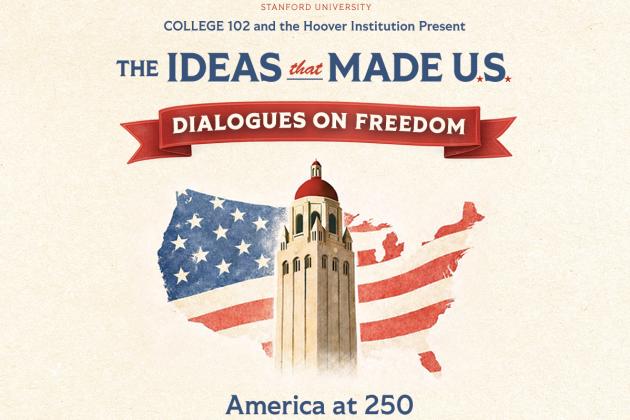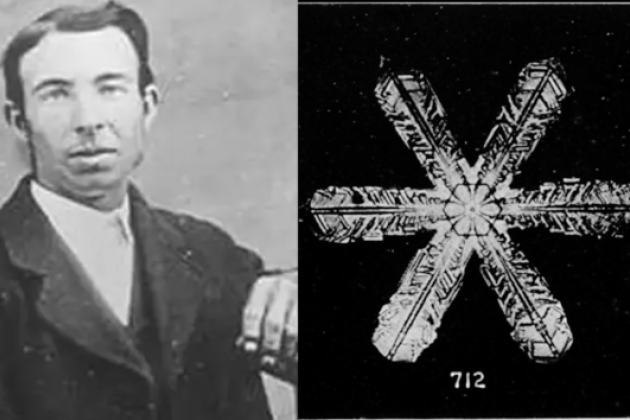PARTICIPANTS
John Cochrane, Tom Gilligan, Paul Gregory, Laurie Hodrick, Bob Hodrick, Nick Hope, Ken Judd, Tim Kane, Ed Lazear, Elena Pastorino, Josh Rauh, Amit Seru, George Shultz, Kevin Warsh
ISSUES DISCUSSED
Ken Judd, the Paul H. Bauer Senior Fellow at the Hoover Institution, discussed his work on “Optimal Carbon Policy with Business Cycle and Climate Risks” and presented his paper, “The Social Cost of Carbon with Economic and Climate Risks,” joint with Yongyang Cai (Hoover Institution) and Thomas Lontzek (University of Zurich).
The core of Ken's project unites economic and climate modeling to understand the economic costs of climate change, the effects of policies such as a carbon tax, and hence the right level and trajectory of such a tax.
Ken laid out the challenges and the many shortcomings of current approaches. Both the economy and the climate are nonlinear, meaning that parts of it can have sometimes greater and sometimes lesser effects. He stressed an important nonlinearity, which his model includes: the possibility of climate "tipping points." If, for example, the Greenland ice sheet melts, then reducing temperature has a different effect than if the ice sheet has not melted.
Most current models do not address uncertainty, which Ken does. Ken presented his integration of state-of-the-art modeling in financial economics, that handles the valuation of long-run risks, into the joint climate-economic model.
Most models do not address the uncertainty of their results -- how sensitive the results are to assumptions, which assumptions are key. Ken also presented his analysis of this kind of uncertainty.
Adding nonlinearity, uncertainty in the model, and uncertainty of the model, raises the computational challenge considerably, and Ken also presented his work on handling the computational challenges.
Ken's bottom line is a substantially higher social cost of carbon than most current estimates produce. His approach also suggests an important time-path for an optimal carbon tax.
Some important aspects came out in the discussion, lively as usual. The central difficulty with all carbon tax calculations is to specify just how much economic damage higher temperature and sea levels will cause, especially if we consider the possibility of adaptation and mitigation. Over a century, one can move crops northward an even cities to higher ground. Even such costs are not as high as intuition suggests that dramatic change to the climate can cause.
One response, highlighted in Ken's analysis, is that there is great uncertainty. The worst-case scenarios are awful, and an analysis that incorporates uncertainty suggests "buying some insurance" against those worst-cases. This led to an active discussion. Of course one can't buy insurance against every possible worst-case – what about pandemics, nuclear war, global crop failure, asteroid impact, and all the other worst cases out there? Ken enlightened us about how this kind of budget-constraint and wider policy view is considered in the climate-change community.
The other crucial ingredient is the discount rate, which occasioned a hearty discussion. We spend money now so that our children and grandchildren can be better off in a more hospitable climate. They will, hopefully, be much better off than we are, with access to much better technologies. Paradoxically, climate change will be worse if the economy does better and vice versa, so in the worst state for climate change, they will have more resources to deal with it. Ken's analysis based on uncertainty, in an explicit model with stochastic growth, brings modern tools to deal with this difficult question.
Secretary Shultz closed the meeting with a thoughtful summary of his experience on energy and climate issues, starting in the 1960s. He emphasized the importance of federal support for basic research, as opposed to supporting commercialization or even the carbon tax.









